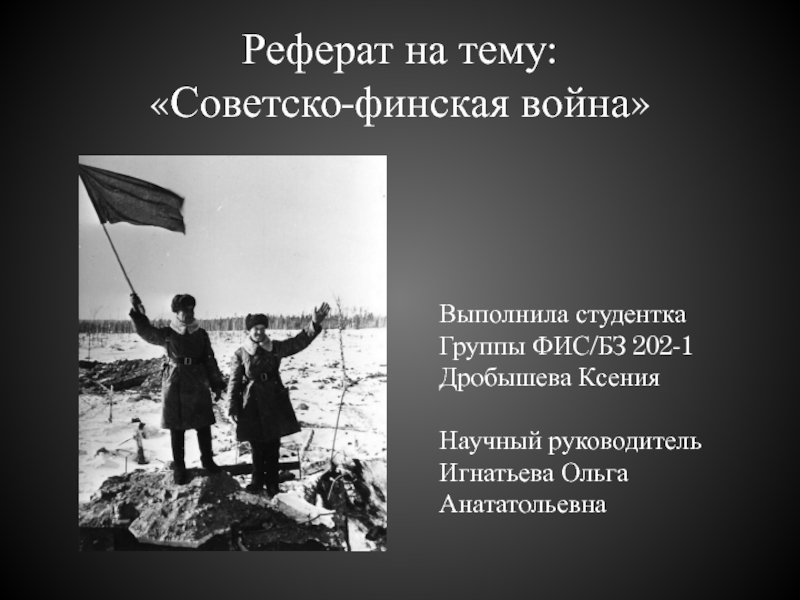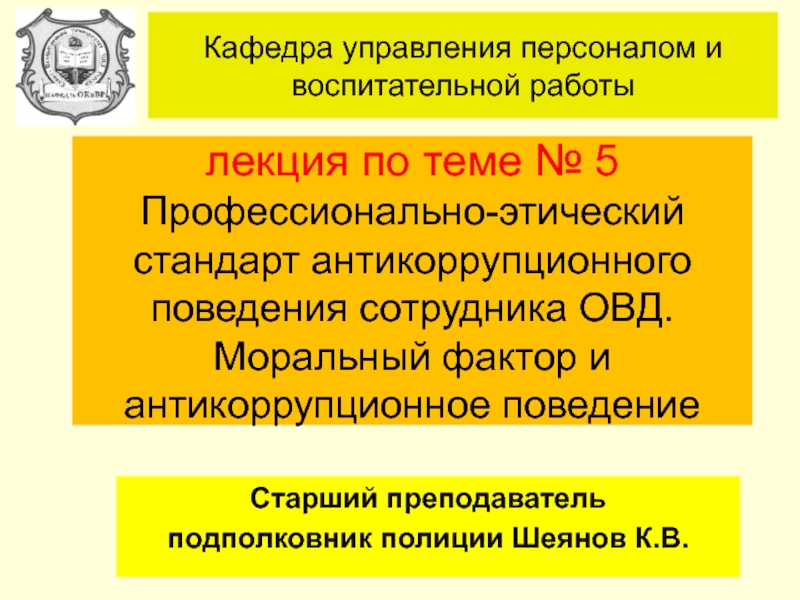Разделы презентаций
- Разное
- Английский язык
- Астрономия
- Алгебра
- Биология
- География
- Геометрия
- Детские презентации
- Информатика
- История
- Литература
- Математика
- Медицина
- Менеджмент
- Музыка
- МХК
- Немецкий язык
- ОБЖ
- Обществознание
- Окружающий мир
- Педагогика
- Русский язык
- Технология
- Физика
- Философия
- Химия
- Шаблоны, картинки для презентаций
- Экология
- Экономика
- Юриспруденция
XX century - WW1 and after
Содержание
- 1. XX century - WW1 and after
- 2. InventionsIn 1903 the Wright brothers had the
- 3. Teddy Rooseveltthe youngest President in American history
- 4. Social trends and Court decisions Between
- 5. World War I 1915, German submarine
- 6. From a History lesson to American kids
- 7. Post-War Settlement and Home SituationWilson's "Fourteen Points"
- 8. Social Darwinism Herbert Spencer in England
- 9. Monkey Trial 1925Tennessee had a law banning
- 10. Spanish American War annexed the
- 11. The Roaring Twenties From 1921 to 1929,
- 12. The Great Depression In 1929, the
- 13. FDR, the New Deal, and Preparing for
- 14. Social GuaranteesIn 1935, the Social Security Act.
- 15. Maneuvering into War?Congress passed the Lend-Lease Act,
- 16. A Different history?George Patton, nicknamed "Old Blood
- 17. Elegantly simple… On June
- 18. Hiroshima, Japan: verbatim
- 19. Cold War In
- 20. Скачать презентанцию
InventionsIn 1903 the Wright brothers had the first airplane flight on the beach at Kitty Hawk, North Carolina; Henry Ford was producing his first "Model T" automobile (interchangeable parts to reduce
Слайды и текст этой презентации
Слайд 1Start of XX century – to Cold War
With excepts of
history that is taught to American kids. Enjoy …
Слайд 2Inventions
In 1903 the Wright brothers had the first airplane flight
on the beach at Kitty Hawk, North Carolina;
Henry Ford
was producing his first "Model T" automobile (interchangeable parts to reduce costs, to increase output; sharing profits with workers) Слайд 3Teddy Roosevelt
the youngest President in American history – at 42;
a
"trust buster" ;
"Square Deal" advocate;
"speak softly and carry a big
stick“;won the Nobel Peace Prize for mediating an end to the Russo-Japanese War
"Gentleman's Agreement" with Japan in 1907
is the only modern figure to have his face carved in Mount Rushmore in South Dakota, due to his support for the national park system
Hay-Bunau-Varilla Treaty of 1903, a treaty with Panama which granted to the United States a five-mile wide tract of land to build the Panama Canal, for a fee of $10 million plus $250,000 per year;
"muckrakers’“ support;
Simplified Spelling Board
Слайд 4Social trends and Court decisions
Between 1870 and 1920, the
population of Americans living in cities increased over five-fold, from
10 million in 1870 to 54 million in 1920;"New Immigration" - Catholic and Jewish;
The 16th Amendment, ratified in 1913 authorized a national income tax
Federal Trade Commission Act in 1914 (tying agreements)
Слайд 5World War I
1915, German submarine sunk the Lusitania
1916, it
passed the National Defense Act ;
"ROTC" programs for college
students to earn tuition in return for military servicePresident Wilson ran for and was reelected based on a pledge of not injecting America into the war ;
Espionage Act in 1917 ; the Sedition Act (war bonds); the Lever Act (wheat)
Hoarding was a crime during the war (no extra food at home!)
Слайд 6From a History lesson to American kids
In October 1917, near the end of World War I,
there was the communist (Bolshevik) revolution in Russia. This would cause the United States and the world many problems later in the 20th century, and is still a problem today in some countries like Venezuela, Cuba, China and North Korea.Слайд 7Post-War Settlement and Home Situation
Wilson's "Fourteen Points" : freedom on
the high seas, facilitation of international trade with few or
no tariffs, a reduction in military arms, an end to colonialism, a ban on secret treaties, restoration to Russia of territory taken during the war, a return to France of the Alsace-Lorraine territory taken by Germany"League of Nations"
Volstead Act in 1919 to enforce Prohibition; several "dry" counties do not allow the sale of alcohol
Слайд 8Social Darwinism
Herbert Spencer in England and William Graham Sumner
in the United States;
"survival of the fittest" theory ;
the "eugenics"
movement, IQ ;those with low IQ or undesirable traits should be prevented from having children, or eliminated; "Three generations of imbeciles are enough." (Virginia 1927)Planned Parenthood (government approval required before a married couple can have a child )
Слайд 9Monkey Trial 1925
Tennessee had a law banning the teaching of
the theory of human evolution in public school (schoolteacher John
Scopes);Tennessee voted against its own liberal resident Al Gore for President in 2000, giving George W. Bush the national election, and in 2008 presidential candidate John McCain defeated Barack Obama by 15 percentage points there, despite Obama winning by 7 points nationwide.
Слайд 10Spanish American War
annexed the Philippine Islands, Guam
and Puerto Rico. (Spain had previously held the Philippines ever
since the explorer Ferdinand Magellan discovered it in 1521.)a bloody rebellion by natives; 70,000 soldiers sent to suppress;
opposed : Mark Twain and Andrew Carnegie: "You seem to have about finished your work of civilizing the Filipinos. About 8000 of them have been completely civilized and sent to Heaven. I hope you like it."
Слайд 11The Roaring Twenties
From 1921 to 1929, the Dow Jones
Industrial Average (a measure of stock market performance) rose from
60 to 400;American authors wrote tragedies about wealth (by F. Scott Fitzgerald), business and religion (by Sinclair Lewis), and war (by Ernest Hemingway). William Faulkner became one of America's most acclaimed novelists by writing during 1929-1932 the books "Sound & Fury," "As I Lay Dying," "Sanctuary," and "Light in August." Eugene O'Neill was a playwright to win the Nobel Prize for Literature for in 1936; he was praised for bringing psychological realism to his plays;
In the 1920s Americans invented the music of jazz, and "Tin Pan Alley" became a portion of New York City known for its music culture; Harlem Renaissance ;
"flapper" - a new lifestyle (tobacco companies promoted it);
The first commercial radio broadcast was in 1920. The "talking" movies came in 1927, with the first successful one being "The Jazz Singer."
Слайд 12The Great Depression
In 1929, the stock market suddenly crashed.\
speculators
? tariff increases ? concentration of wealth among the relatively
few ? the gold standard ?Unemployment increased until it exceeded 20% in 1933 ;
"Bonus March," ended in riots.Future generals George Patton, Dwight Eisenhower and Douglas MacArthur put down the riots using tanks and troops, fearing that the nation was on the verge of a …..
Слайд 13FDR, the New Deal, and Preparing for War
Democratic Party
candidate Franklin Delano Roosevelt - 1932;
the "Hundred Days," deals:
Emergency Banking
Act, which allowed inspection of bank records; Agricultural Adjustment Act, which tried to raise prices and limit farm production by paying farmers not to farm land;
Federal Emergency Relief Act, which provided work on projects such as building roads, airports, schools, playgrounds and parks
Glass-Steagall Banking Act, which established the Federal Deposit Insurance Corp. (FDIC) to insure deposits in banks in order to stabilize the banking system
National Industrial Recovery Act, which created the public works administration and defined fair business practices;
changed foreign policy towards Latin America; In 1933 implemented the "Good Neighbor Policy."
Слайд 14Social Guarantees
In 1935, the Social Security Act. It provided (and
still provides) payments to the elderly by taxing the wages
on young workers and employers. It has become a huge liability today…1938 - the Fair Labor Standards Act, which abolished child labor and set the national minimum wage at $.40 per hour, and established the 40-hour work week.
In 1941, President Roosevelt gave his annual speech to Congress in which he advocated the "Four Freedoms": freedom of speech, worship, from want (e.g., from hunger), and from fear.
Слайд 15Maneuvering into War?
Congress passed the Lend-Lease Act, which ended America's
neutrality and authorized the lending of materials to Britain and
other Allies (France and Russia).code-breakers had broken the Japanese codes : Pearl Harbor.
FDR did nothing to prevent the attack; news of the attack on Dec. 7, 1941 outraged the American public against Japan. The Japanese sunk most of the American fleet stationed at Pearl Harbor; "a date which will live in infamy”…
FDR forcibly moved Americans of Japanese descent in California to internment camps to keep an eye on their suspected spy activity, despite their American citizenship.
Слайд 16A Different history?
George Patton, nicknamed "Old Blood and Guts“; Patton
was given the task of taking on the Germany's greatest
field commander, Erwin Rommel ("The Desert Fox"). Rommel had completely destroyed the British in Northern Africa and Patton was sent there in 1942Historians estimate that Patton's Third Army caused an astounding 55% of all of Germany's causalities in the war ???
Слайд 17Elegantly simple…
On June 6, 1944, massive
Allied forces led by the American soldiers landed at Normandy,
France, to retake mainland Europe from the Germans. Called the "longest day" or "D-Day" (day-day), it was the largest land invasion in the history of the world. Participants said the ocean was completely filled with boats and soldiers and it was difficult to see much water. The invasion caught the Germans, already weakened by Patton, off guard.Слайд 18Hiroshima, Japan: verbatim
“But
the war continued against Japan, and Japanese soldiers had a
fanaticism that prevented them from surrendering at any cost. unless something extraordinary happened. The extraordinary opportunity was provided by America's secret development of the atomic bomb.Truman's impulsiveness may have served the nation well at this critical moment. As soon as the atomic bomb was developed, the top military leaders were anxious to use it to save any further loss to American soldiers fighting Japan. They urged Truman to approve dropping the atomic bomb on Japan. Do it, Truman decided quickly, and later said he slept a good night's sleep after his decision. Truth be told, Truman hated the Japanese with a passion, as many Americans at the time did. Unlike the war against Germany, the war against Japan stirred racial dislike and distrust”
Debate: Was it right to drop atomic bombs on Japan?
Слайд 19Cold War
In 1947, President Truman announced
what has become known as "Truman Doctrine." He pledged economic
aid for democratic countries opposing communism, beginning with Greece and Turkey. Also in 1947, George Kennan at the United States State Department (the agency that handles foreign policy) published a new policy of "containment".1947, (CIA)
1948, the United States and Western European nations formed the North Atlantic Treaty Organization ("NATO") to guard against the threat posed by the communist Soviet Union






































